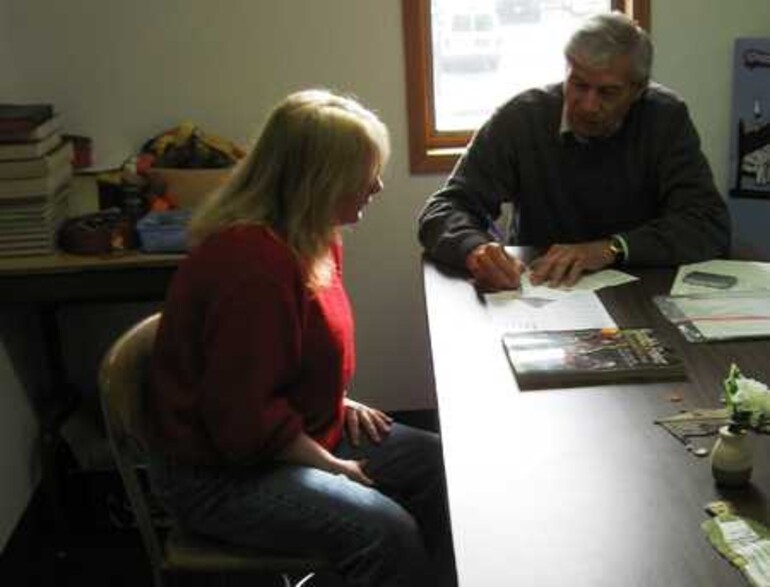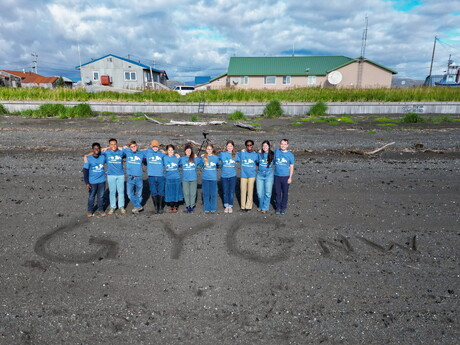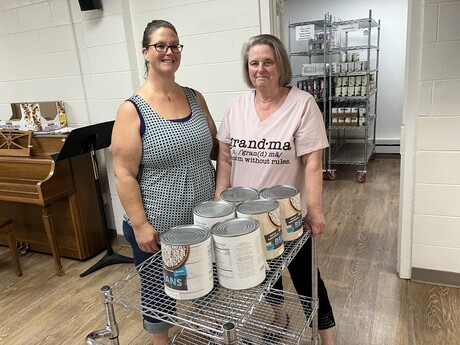Adventist Health Ministries in Alaska envisions a proactive path for developing local churches. Health ministry is an essential part of Adventist mission work because it reveals God's character as healing rather than condemning, underscores the Bible's reliability and demonstrates the value of obedience. As health seekers are led to trust and obey the laws of their physical being as found in Scripture, they more readily come to understand that all of God's laws are the indispensable path to life at its best and that obeying them is a gift of restoration to the Divine image.
Because the local congregation and school are the best equipped to nurture new believers in embracing a healthier lifestyle, empowering the 35 churches and companies, and six schools to see themselves as the main evangelizing entity is vital. Distance, accessibility, overlying native culture and diversity are just some of the challenges to accomplishing this goal.
How is the conference seeking to overcome these challenges? One approach is to use technology. The conference upgraded its website, www.alyeskahealthquest.org, to include improved online health mentoring tools. "The Web site is like a nodal entry point that ushers the user to all our Adventist health resources — to improve one's baseline knowledge about health and temperance. Even sites for Native Health are available,” says Ephraim Palmero, health ministry director.
The Health Ministry of Alaska also participates actively at the Alaska state fair. This year, between Aug. 27–Sept. 7, it’s “Wellness for Life” booth shared the health message to thousands of visitors in Palmer, Alaska.
In tandem Ed Dunn, Alaska Conference vice president and Native Ministries director, and Ephraim Palmero, Health Ministries director and Community Services director have improved church partnerships with the Alaska Native and Tribal Health Consortium, Living Works (Canada) and the Division of Behavioral Health.
To widen the ownership and participation in conveying the Adventist health message, the conference sponsored a Health Ministry Team Building Course in Anchorage in September 2008. The presenter, Katia Reinert of Adventist Health Care (Md.), shared her extensive experience with helping local churches see health ministry as a way to develop a church into a place of healing and wholeness rather than just a spiritual refuge.
Another approach used by the Alaska Conference is to fuse activities from different departments into allied ministries with an integrated approach. The Arctic Mission Adventure, under the Alaska Native Ministries, deploys Arctic mission workers to serve the outreach agenda of Adventist Community Services and Adventist Health Ministries.
In July and August, 12 Arctic Mission workers and other pastors completed training in ASIST (Applied Suicide Intervention and Skills Training) and Gatekeeper Suicide Prevention Institute in July and August. Now, all the Arctic mission workers are certified in applied suicide intervention skills and other mental health emergencies. Depression, substance abuse and violent injuries remain a cycle of insult to the vulnerable communities that live remotely under the harsh and long winter season. Balancing the workers/families' health and safety without dereliction to the gospel mission requires a delicate and contextualized church leadership.
Churches which offer need-based health ministries as part of a well-rounded church growth program do grow (see Christian Schwarz, Natural Church Development). The Alaska conference is seeking to empower the local church and school to serve the community with an integrated message of health and the gospel.













